Unit 5 Languages around the world 人教版(2019)必修第一册高考一轮复习课件(共32张PPT)
文档属性
| 名称 | Unit 5 Languages around the world 人教版(2019)必修第一册高考一轮复习课件(共32张PPT) | 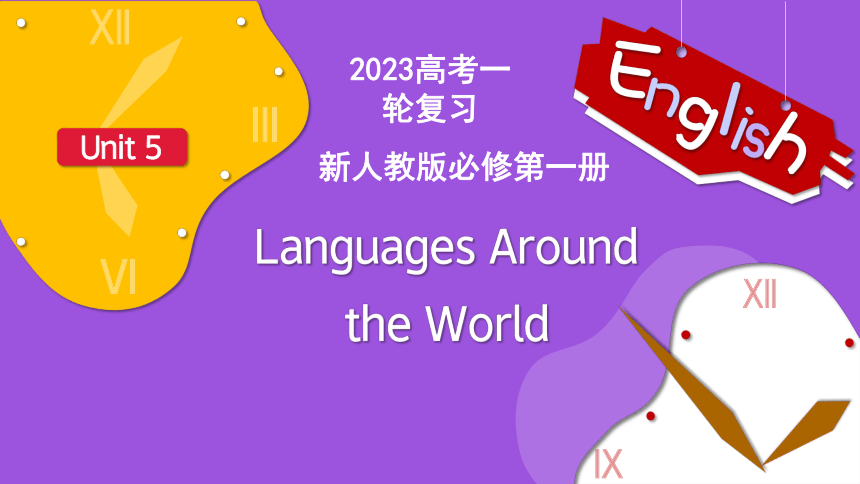 | |
| 格式 | zip | ||
| 文件大小 | 51.4MB | ||
| 资源类型 | 教案 | ||
| 版本资源 | 人教版(2019) | ||
| 科目 | 英语 | ||
| 更新时间 | 2022-11-21 15:44:13 | ||
图片预览


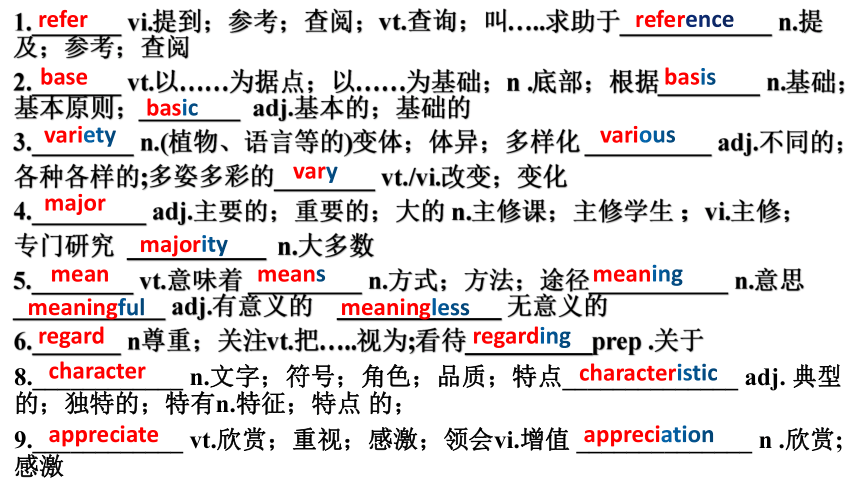
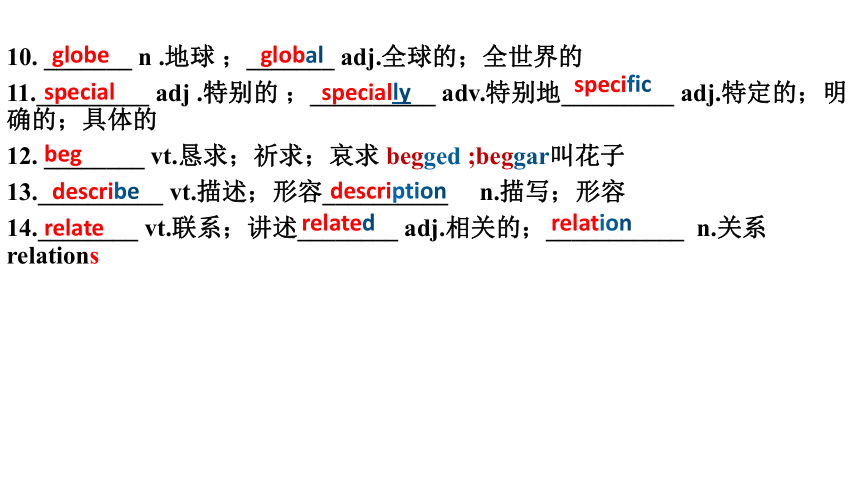

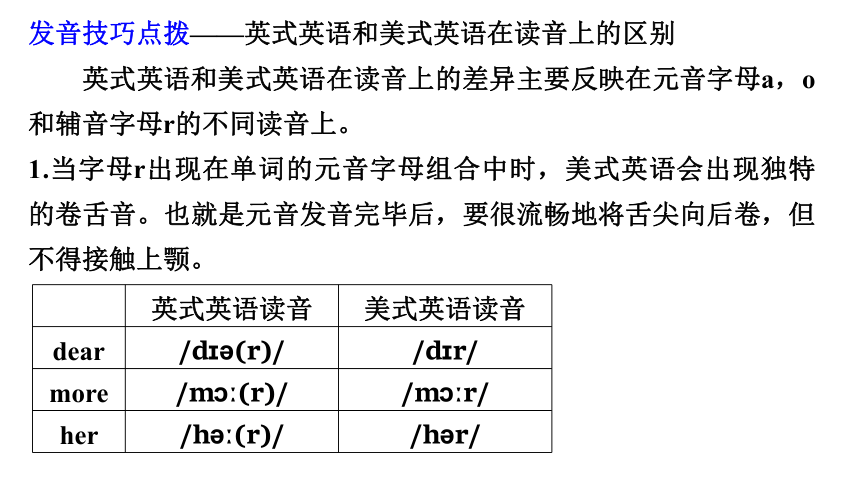
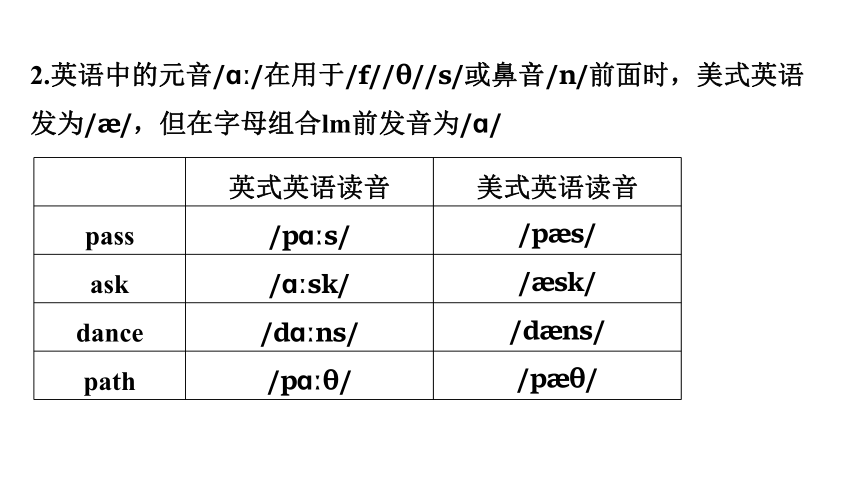
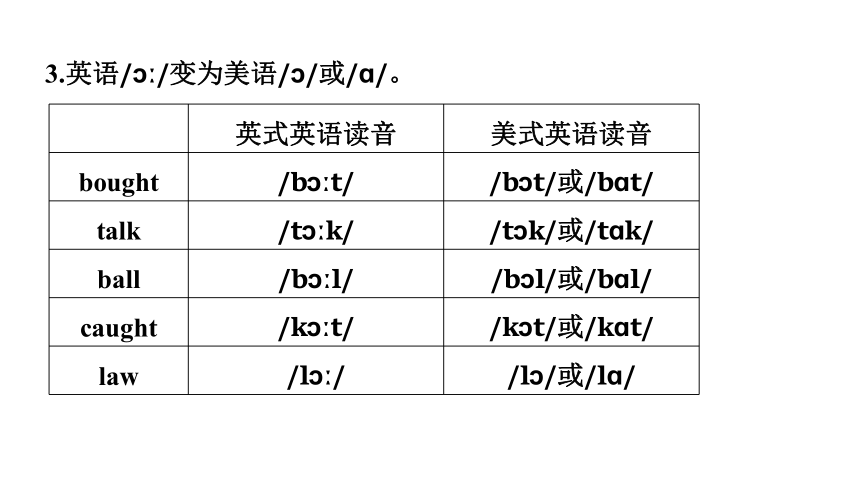
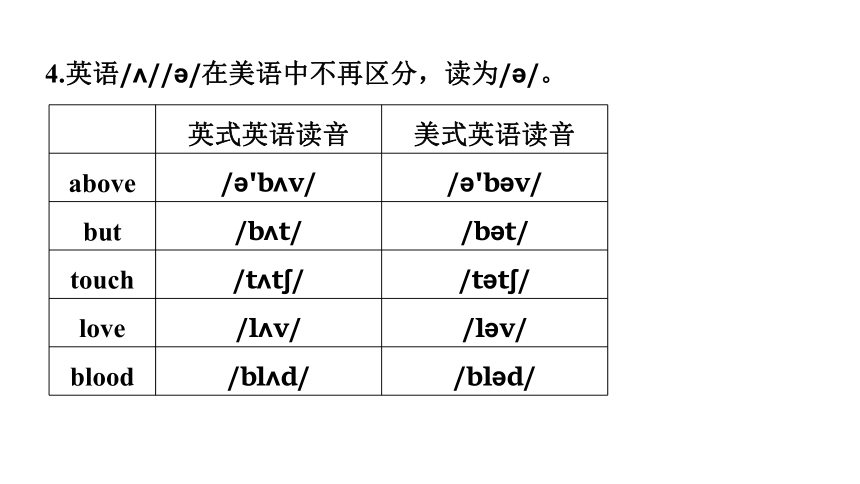

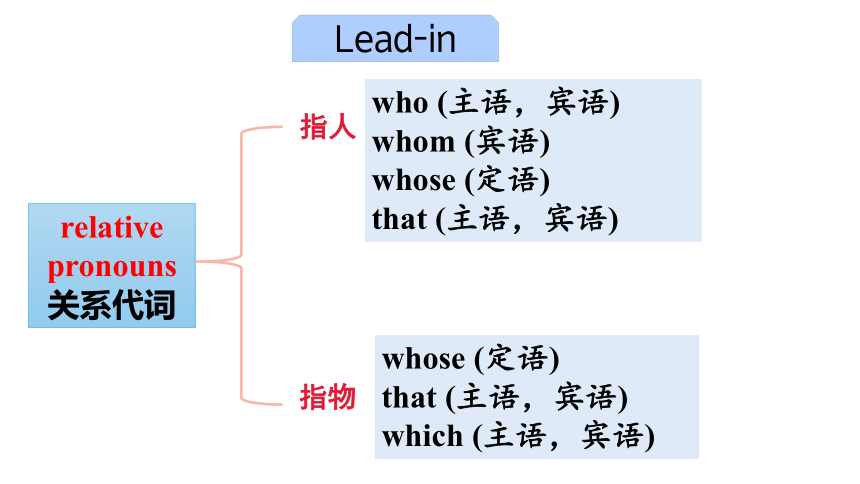
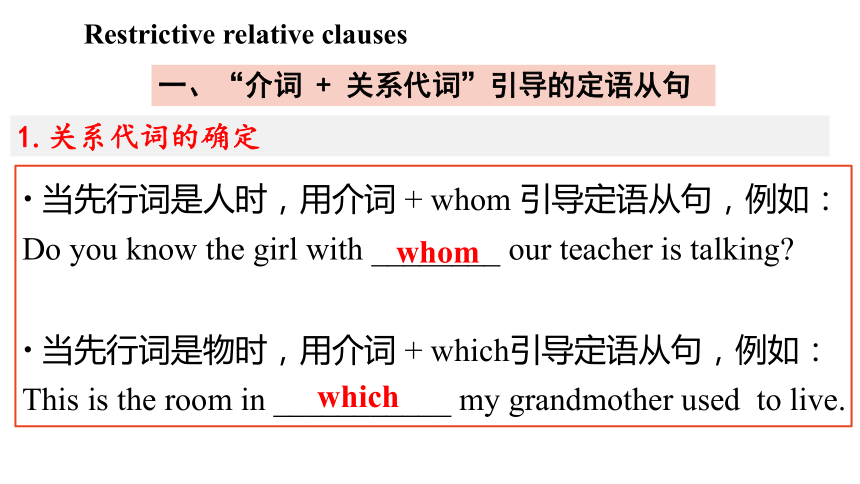
文档简介
(共32张PPT)
Ⅲ
E
n
g
l
i
s
h
Ⅵ
Ⅻ
Ⅻ
Ⅸ
Languages Around the World
Unit 5
2023高考一轮复习
新人教版必修第一册
词汇
1._______ vi.提到;参考;查阅;vt.查询;叫…..求助于____________ n.提及;参考;查阅
2._______ vt.以……为据点;以……为基础;n .底部;根据________ n.基础;基本原则;________ adj.基本的;基础的
3.________ n.(植物、语言等的)变体;体异;多样化 __________ adj.不同的;
各种各样的;多姿多彩的________ vt./vi.改变;变化
4._________ adj.主要的;重要的;大的 n.主修课;主修学生 ;vi.主修;
专门研究 ___________ n.大多数
5.________ vt.意味着 _________ n.方式;方法;途径___________ n.意思 ____________ adj.有意义的 _____________ 无意义的
6._______ n尊重;关注vt.把…..视为;看待__________prep .关于
8.____________ n.文字;符号;角色;品质;特点______________ adj. 典型的;独特的;特有n.特征;特点 的;
9.____________ vt.欣赏;重视;感激;领会vi.增值 ______________ n .欣赏;感激
refer
reference
base
basis
basic
variety
various
vary
major
majority
mean
means
meaning
meaningful
meaningless
regard
regarding
character
characteristic
appreciate
appreciation
10. _______ n .地球 ;_______ adj.全球的;全世界的
11._________ adj .特别的 ;__________ adv.特别地_________ adj.特定的;明确的;具体的
12. ________ vt.恳求;祈求;哀求 begged ;beggar叫花子
13.__________ vt.描述;形容__________ n.描写;形容
14.________ vt.联系;讲述________ adj.相关的;___________ n.关系 relations
special
specially
specific
beg
describe
description
relate
related
relation
globe
global
语音
发音技巧点拨——英式英语和美式英语在读音上的区别
英式英语和美式英语在读音上的差异主要反映在元音字母a,o和辅音字母r的不同读音上。
1.当字母r出现在单词的元音字母组合中时,美式英语会出现独特的卷舌音。也就是元音发音完毕后,要很流畅地将舌尖向后卷,但不得接触上颚。
英式英语读音 美式英语读音
dear /d (r)/ /d r/
more /m (r)/ /m r/
her /h (r)/ /h r/
2.英语中的元音/ɑ /在用于/f//θ//s/或鼻音/n/前面时,美式英语发为/ /,但在字母组合lm前发音为/ɑ/
英式英语读音 美式英语读音
pass /pɑ s/ /p s/
ask /ɑ sk/ / sk/
dance /dɑ ns/ /d ns/
path /pɑ θ/ /p θ/
3.英语/ /变为美语/ /或/ɑ/。
英式英语读音 美式英语读音
bought /b t/ /b t/或/bɑt/
talk /t k/ /t k/或/tɑk/
ball /b l/ /b l/或/bɑl/
caught /k t/ /k t/或/kɑt/
law /l / /l /或/lɑ/
4.英语/ // /在美语中不再区分,读为/ /。
英式英语读音 美式英语读音
above / 'b v/ / 'b v/
but /b t/ /b t/
touch /t t / /t t /
love /l v/ /l v/
blood /bl d/ /bl d/
语法
指人
relative pronouns 关系代词
who (主语,宾语)
whom (宾语)
whose (定语)
that (主语,宾语)
whose (定语)
that (主语,宾语)
which (主语,宾语)
指物
Lead-in
1.关系代词的确定
一、“介词 + 关系代词”引导的定语从句
当先行词是人时,用介词 + whom 引导定语从句,例如:
Do you know the girl with ________ our teacher is talking
当先行词是物时,用介词 + which引导定语从句,例如:
This is the room in ___________ my grandmother used to live.
whom
which
Restrictive relative clauses
2. 介词的确定
根据先行词的搭配关系:
1) I still remember the day _______ _______ I met TFboys.
2) I will never forget the farm _______ ______ I worked with you.
3) The money _______ _______ you were to buy food is gone.
on which
on which
Restrictive relative clauses
with which
(on the day 在那天)
(on the farm 在农场)
(with the money 用钱)
一、“介词 + 关系代词”引导的定语从句
2. 介词的确定
根据谓语动词或形容词的搭配习惯
Do you like the book _______ _______ she spent $10
2) Do you like the book _______ _______ she paid $10
3) The West Lake, _______ _______ Hangzhou is famous, is a beautiful place.
on which
for which
Restrictive relative clauses
for which
一、“介词 + 关系代词”引导的定语从句
2. 介词的确定
根据句子的意思来确定
1) Air, _______ which man can’t live, is really important. 空气非常重要,没有了它人类便不能生存。
2) This is the man _______ whom my brother has worked for ten years. 这就是和我弟弟一起工作了十年的那个人。
without
with
Restrictive relative clauses
一、“介词 + 关系代词”引导的定语从句
2. 介词的确定
表示“所有”或“整体的一部分”时通常用介词 “of”
1) He has two sons, _____________ graduated from Peking University. 他有两个儿子,他们都毕业于北京大学。
2) Tom wrote many children’s books, nearly half __________ were about campus culture. 汤姆写了很多儿童书籍,其中将近一半是关于校园文化的。
both of whom
of which
Restrictive relative clauses
一、“介词 + 关系代词”引导的定语从句
用介词 + 关系代词填空。
1. Who is the person _______ _______ you just shook hands
2. China is a powerful country, _______ _______ we are proud.
3. This is the tree _______ _______ we used to play games.
4. This is my glasses, _______ _______ I can’t see clearly.
5. Do you remember the day _______ _______ you joined our club
Restrictive relative clauses
即学即练
with whom
without which
under which
of which
on which
一、在空白处填入适合的词。
1. It was a time _______ people were divided geographically.
2. Emperor Qinshihuang united the seven major states into one unified country _______ the Chinese writing system began to develop in one direction.
3. There are many reasons ______ people learn a foreign language.
Restrictive relative clauses
when
why
where
二、关系副词引导的定语从句
二、找到适合的关系副词。
Restrictive relative clauses
where
when
why
relative adverbials
关系副词
=
介词 (in / on / at)
which
time
place
reason
三、将下面两个句子改写成定语从句。
1. This is our school.
We study and make friends in this school.
→ This is our school ________ we study and make friends.
2. The most unforgettable school activity is the English speech contest.
We had great fun in the English speech contest.
→ The most unforgettable school activity is the English speech contest, ___________________.
Restrictive relative clauses
= in which
where
= in which we had great fun
when we had great fun
二、关系副词引导的定语从句
I can never forget the day when I first saw you.
我永远不会忘记第一次见到你的日子。
Restrictive relative clauses
1.when 引导定语从句时,先行词为表示时间的名词,关系词在从句中作时间状语。
After living in Paris for fifty years he returned to the small town where he grew up as a child. 在巴黎生活了50年后,他回到了儿时成长的那个小镇。
Restrictive relative clauses
2. where 引导定语从句时,先行词为表示地点的名词,关系词在从句中作地点状语。
where 还可用在表示抽象意义的地点名词后,如situation, stage, point, case, position, condition等。
例如:
The accident has reached to the point where both their parents are to be called in. 事情发展到如此地步,不得不请双方家长来一趟了。
二、关系副词引导的定语从句
Unsuccessful people can always find reasons why they’re not doing well. 不成功的人总能找到自己表现不好的理由。
Restrictive relative clauses
3. why 引导定语从句时,先行词通常是reason, 关系词在从句中作原因状语。
先行词是the reason时,定语从句的引导词需根据定语从句缺少的成分而定。如果缺少状语,用why;如果缺少主语或宾语,则用that / which,作宾语时可省略。例如:
I don’t believe the reason (that / which) he gave me for his being late. 我不相信他给出的迟到的理由。
二、关系副词引导的定语从句
用关系副词填空。
1. Their child is at the stage ________ she can say individual words but not full sentences. (2019年天津高考改)
2. We will put off the picnic in the park until next week, ________ the weather may be better.
3. As the smallest child of his family, Alex is always longing for the time ________ he should be able to be independent.
Restrictive relative clauses
where
when
when
即学即练
4. Students should involve themselves in community activities ________ they can gain experience for growth.
5. The village ________ I was born has become into a town.
6. The reason ________ he resigned is known to us.
Restrictive relative clauses
即学即练
where
where
why
指原因
关系代词
指代事物
指时间
指地点
所属关系
指代人
关系副词
Restrictive relative clauses
Summary
who, whom, that
which, that
whose, of which
where
when
why
课文
Try to find the main idea of each
paragraph.
Para 1: The Chinese writing system is one of
the reasons why Chinese civilisation
has survived into modern times.
Para 2: Written Chinese was a picture-based
language at the beginning.
Para 3: The writing system became well-
developed, and later developed into
different forms.
Para 4: The writing system began to develop in
one direction.
Para 5: Written Chinese connects China's
present with its past, and has become
an art form.
Para 6: The Chinese language is helping to
spread China's culture and history to
the world.
Ⅱ.The passage mainly tells us _____________________________
.
how the Chinese writing system
developed
1 connect the past and / with the present
2 be widely known for
3 ancient civilisation
4 ups and downs
5 at the beginning
6 a picture-based language
7 date back to
8 a well-developed writing system
9 many varieties of dialects
因……广泛著名
古代文明
浮沉;兴衰;荣辱
起初;首先
以图片为基础的语言;象形语言
追溯到
一种发达的书写体系
Language Points: Important phrases (P62 ~ P63)
连接过去与现在
种类繁多的方言
10 unite ... into ...
11 in one direction
12 be of great importance
13 an important means
14 the high regard for
15 Chinese characters
16 Chinese calligraphy
17 global affairs
18 an increasing number of
将……合并 / 统一成……
朝着一个方向
非常重要
一种重要的工具
对……的高度关注
汉字
中国书法
Language Points: Important phrases (P62 ~ P63)
越来越多的……
全球事务
19 appreciate China’s culture
20 specific information
21 carve symbols onto bones and shells
22 a beautiful art form
23 be related to
24 be known as
25 increase your appreciation of Chinese culture
欣赏中国文化
具体信息
把符号刻在骨头和贝壳上
一种美妙的艺术形式
与……相关
作为……而闻名
Language Points: Important phrases (P62 ~ P63)
加强你对中国文化的理解
Ⅲ
E
n
g
l
i
s
h
Ⅵ
Ⅻ
Ⅻ
Ⅸ
Languages Around the World
Unit 5
2023高考一轮复习
新人教版必修第一册
词汇
1._______ vi.提到;参考;查阅;vt.查询;叫…..求助于____________ n.提及;参考;查阅
2._______ vt.以……为据点;以……为基础;n .底部;根据________ n.基础;基本原则;________ adj.基本的;基础的
3.________ n.(植物、语言等的)变体;体异;多样化 __________ adj.不同的;
各种各样的;多姿多彩的________ vt./vi.改变;变化
4._________ adj.主要的;重要的;大的 n.主修课;主修学生 ;vi.主修;
专门研究 ___________ n.大多数
5.________ vt.意味着 _________ n.方式;方法;途径___________ n.意思 ____________ adj.有意义的 _____________ 无意义的
6._______ n尊重;关注vt.把…..视为;看待__________prep .关于
8.____________ n.文字;符号;角色;品质;特点______________ adj. 典型的;独特的;特有n.特征;特点 的;
9.____________ vt.欣赏;重视;感激;领会vi.增值 ______________ n .欣赏;感激
refer
reference
base
basis
basic
variety
various
vary
major
majority
mean
means
meaning
meaningful
meaningless
regard
regarding
character
characteristic
appreciate
appreciation
10. _______ n .地球 ;_______ adj.全球的;全世界的
11._________ adj .特别的 ;__________ adv.特别地_________ adj.特定的;明确的;具体的
12. ________ vt.恳求;祈求;哀求 begged ;beggar叫花子
13.__________ vt.描述;形容__________ n.描写;形容
14.________ vt.联系;讲述________ adj.相关的;___________ n.关系 relations
special
specially
specific
beg
describe
description
relate
related
relation
globe
global
语音
发音技巧点拨——英式英语和美式英语在读音上的区别
英式英语和美式英语在读音上的差异主要反映在元音字母a,o和辅音字母r的不同读音上。
1.当字母r出现在单词的元音字母组合中时,美式英语会出现独特的卷舌音。也就是元音发音完毕后,要很流畅地将舌尖向后卷,但不得接触上颚。
英式英语读音 美式英语读音
dear /d (r)/ /d r/
more /m (r)/ /m r/
her /h (r)/ /h r/
2.英语中的元音/ɑ /在用于/f//θ//s/或鼻音/n/前面时,美式英语发为/ /,但在字母组合lm前发音为/ɑ/
英式英语读音 美式英语读音
pass /pɑ s/ /p s/
ask /ɑ sk/ / sk/
dance /dɑ ns/ /d ns/
path /pɑ θ/ /p θ/
3.英语/ /变为美语/ /或/ɑ/。
英式英语读音 美式英语读音
bought /b t/ /b t/或/bɑt/
talk /t k/ /t k/或/tɑk/
ball /b l/ /b l/或/bɑl/
caught /k t/ /k t/或/kɑt/
law /l / /l /或/lɑ/
4.英语/ // /在美语中不再区分,读为/ /。
英式英语读音 美式英语读音
above / 'b v/ / 'b v/
but /b t/ /b t/
touch /t t / /t t /
love /l v/ /l v/
blood /bl d/ /bl d/
语法
指人
relative pronouns 关系代词
who (主语,宾语)
whom (宾语)
whose (定语)
that (主语,宾语)
whose (定语)
that (主语,宾语)
which (主语,宾语)
指物
Lead-in
1.关系代词的确定
一、“介词 + 关系代词”引导的定语从句
当先行词是人时,用介词 + whom 引导定语从句,例如:
Do you know the girl with ________ our teacher is talking
当先行词是物时,用介词 + which引导定语从句,例如:
This is the room in ___________ my grandmother used to live.
whom
which
Restrictive relative clauses
2. 介词的确定
根据先行词的搭配关系:
1) I still remember the day _______ _______ I met TFboys.
2) I will never forget the farm _______ ______ I worked with you.
3) The money _______ _______ you were to buy food is gone.
on which
on which
Restrictive relative clauses
with which
(on the day 在那天)
(on the farm 在农场)
(with the money 用钱)
一、“介词 + 关系代词”引导的定语从句
2. 介词的确定
根据谓语动词或形容词的搭配习惯
Do you like the book _______ _______ she spent $10
2) Do you like the book _______ _______ she paid $10
3) The West Lake, _______ _______ Hangzhou is famous, is a beautiful place.
on which
for which
Restrictive relative clauses
for which
一、“介词 + 关系代词”引导的定语从句
2. 介词的确定
根据句子的意思来确定
1) Air, _______ which man can’t live, is really important. 空气非常重要,没有了它人类便不能生存。
2) This is the man _______ whom my brother has worked for ten years. 这就是和我弟弟一起工作了十年的那个人。
without
with
Restrictive relative clauses
一、“介词 + 关系代词”引导的定语从句
2. 介词的确定
表示“所有”或“整体的一部分”时通常用介词 “of”
1) He has two sons, _____________ graduated from Peking University. 他有两个儿子,他们都毕业于北京大学。
2) Tom wrote many children’s books, nearly half __________ were about campus culture. 汤姆写了很多儿童书籍,其中将近一半是关于校园文化的。
both of whom
of which
Restrictive relative clauses
一、“介词 + 关系代词”引导的定语从句
用介词 + 关系代词填空。
1. Who is the person _______ _______ you just shook hands
2. China is a powerful country, _______ _______ we are proud.
3. This is the tree _______ _______ we used to play games.
4. This is my glasses, _______ _______ I can’t see clearly.
5. Do you remember the day _______ _______ you joined our club
Restrictive relative clauses
即学即练
with whom
without which
under which
of which
on which
一、在空白处填入适合的词。
1. It was a time _______ people were divided geographically.
2. Emperor Qinshihuang united the seven major states into one unified country _______ the Chinese writing system began to develop in one direction.
3. There are many reasons ______ people learn a foreign language.
Restrictive relative clauses
when
why
where
二、关系副词引导的定语从句
二、找到适合的关系副词。
Restrictive relative clauses
where
when
why
relative adverbials
关系副词
=
介词 (in / on / at)
which
time
place
reason
三、将下面两个句子改写成定语从句。
1. This is our school.
We study and make friends in this school.
→ This is our school ________ we study and make friends.
2. The most unforgettable school activity is the English speech contest.
We had great fun in the English speech contest.
→ The most unforgettable school activity is the English speech contest, ___________________.
Restrictive relative clauses
= in which
where
= in which we had great fun
when we had great fun
二、关系副词引导的定语从句
I can never forget the day when I first saw you.
我永远不会忘记第一次见到你的日子。
Restrictive relative clauses
1.when 引导定语从句时,先行词为表示时间的名词,关系词在从句中作时间状语。
After living in Paris for fifty years he returned to the small town where he grew up as a child. 在巴黎生活了50年后,他回到了儿时成长的那个小镇。
Restrictive relative clauses
2. where 引导定语从句时,先行词为表示地点的名词,关系词在从句中作地点状语。
where 还可用在表示抽象意义的地点名词后,如situation, stage, point, case, position, condition等。
例如:
The accident has reached to the point where both their parents are to be called in. 事情发展到如此地步,不得不请双方家长来一趟了。
二、关系副词引导的定语从句
Unsuccessful people can always find reasons why they’re not doing well. 不成功的人总能找到自己表现不好的理由。
Restrictive relative clauses
3. why 引导定语从句时,先行词通常是reason, 关系词在从句中作原因状语。
先行词是the reason时,定语从句的引导词需根据定语从句缺少的成分而定。如果缺少状语,用why;如果缺少主语或宾语,则用that / which,作宾语时可省略。例如:
I don’t believe the reason (that / which) he gave me for his being late. 我不相信他给出的迟到的理由。
二、关系副词引导的定语从句
用关系副词填空。
1. Their child is at the stage ________ she can say individual words but not full sentences. (2019年天津高考改)
2. We will put off the picnic in the park until next week, ________ the weather may be better.
3. As the smallest child of his family, Alex is always longing for the time ________ he should be able to be independent.
Restrictive relative clauses
where
when
when
即学即练
4. Students should involve themselves in community activities ________ they can gain experience for growth.
5. The village ________ I was born has become into a town.
6. The reason ________ he resigned is known to us.
Restrictive relative clauses
即学即练
where
where
why
指原因
关系代词
指代事物
指时间
指地点
所属关系
指代人
关系副词
Restrictive relative clauses
Summary
who, whom, that
which, that
whose, of which
where
when
why
课文
Try to find the main idea of each
paragraph.
Para 1: The Chinese writing system is one of
the reasons why Chinese civilisation
has survived into modern times.
Para 2: Written Chinese was a picture-based
language at the beginning.
Para 3: The writing system became well-
developed, and later developed into
different forms.
Para 4: The writing system began to develop in
one direction.
Para 5: Written Chinese connects China's
present with its past, and has become
an art form.
Para 6: The Chinese language is helping to
spread China's culture and history to
the world.
Ⅱ.The passage mainly tells us _____________________________
.
how the Chinese writing system
developed
1 connect the past and / with the present
2 be widely known for
3 ancient civilisation
4 ups and downs
5 at the beginning
6 a picture-based language
7 date back to
8 a well-developed writing system
9 many varieties of dialects
因……广泛著名
古代文明
浮沉;兴衰;荣辱
起初;首先
以图片为基础的语言;象形语言
追溯到
一种发达的书写体系
Language Points: Important phrases (P62 ~ P63)
连接过去与现在
种类繁多的方言
10 unite ... into ...
11 in one direction
12 be of great importance
13 an important means
14 the high regard for
15 Chinese characters
16 Chinese calligraphy
17 global affairs
18 an increasing number of
将……合并 / 统一成……
朝着一个方向
非常重要
一种重要的工具
对……的高度关注
汉字
中国书法
Language Points: Important phrases (P62 ~ P63)
越来越多的……
全球事务
19 appreciate China’s culture
20 specific information
21 carve symbols onto bones and shells
22 a beautiful art form
23 be related to
24 be known as
25 increase your appreciation of Chinese culture
欣赏中国文化
具体信息
把符号刻在骨头和贝壳上
一种美妙的艺术形式
与……相关
作为……而闻名
Language Points: Important phrases (P62 ~ P63)
加强你对中国文化的理解
